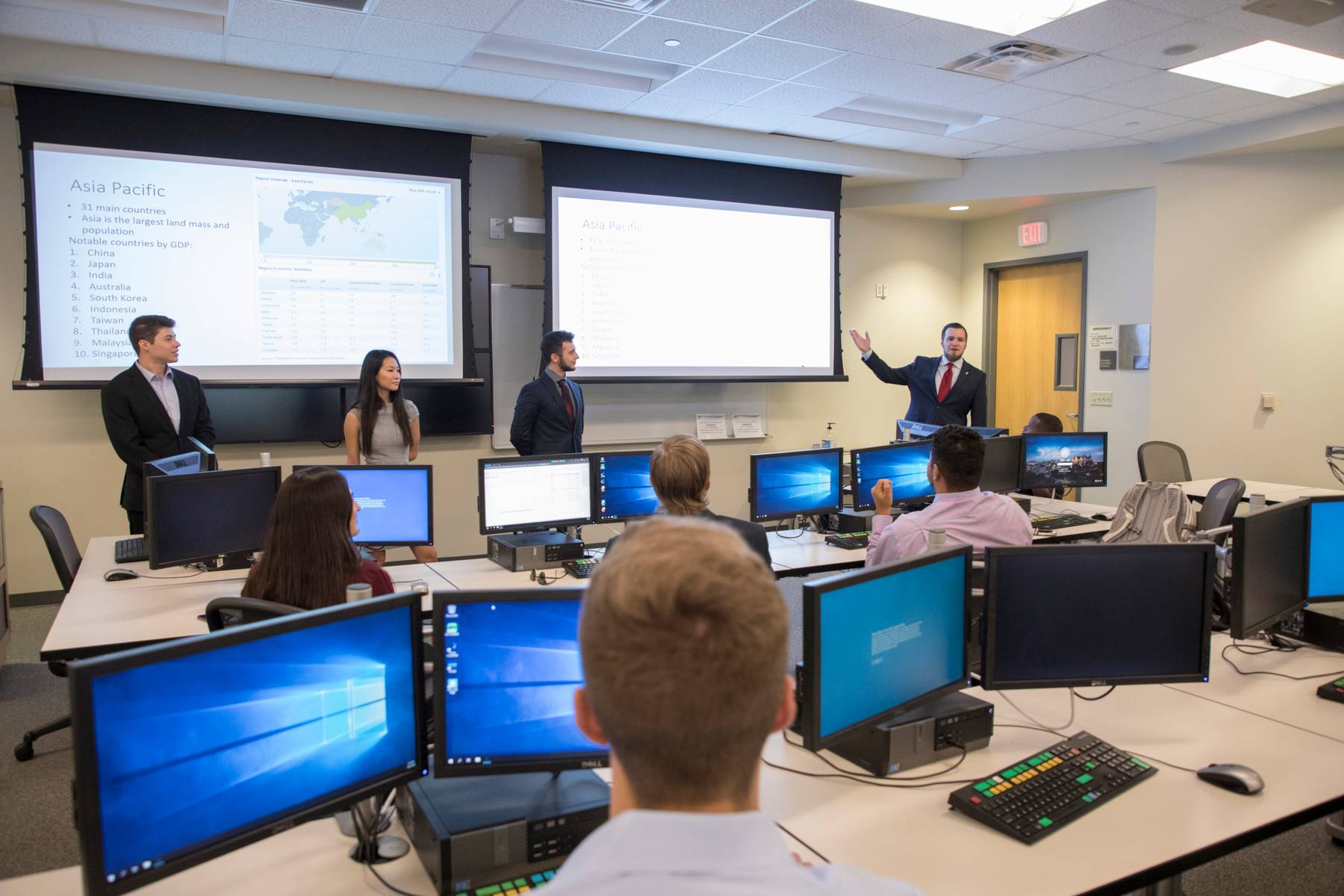The University Advising Center is a great place to refer students who are making important decisions regarding their major. We speak to students of any major and offer hour-long major exploration appointments to review multiple options. If a student has questions that you think an academic advisor is better equipped to answer, you can recommend that they schedule an appointment with us!
What's the role of Faculty and Staff in Major Exploration?
As faculty and staff at Texas State University, you can influence how a student chooses their major, even if it is not from your academic field or interest.
Depending on your specific role, you can influence students in a variety of different ways - the engaging way you teach your courses, the diligence you put into your work, or the care you take in interacting with our students. The Major Exploration process is a journey for the student, and your part in their experience matters! Not only does your work here set an example for them to follow, your support can help guide them to a thoughtful, well-informed decision about their major.
When do I help?

Faculty and Departments
Students’ experience in class can significantly influence their choice of major. When thinking of all the factors that contribute to a student’s decision on their major (i.e. interests, skills, values, goals, perceptions, etc.), it can be easy to overlook the faculty’s role in developing students’ taste for certain academic disciplines. Positive experiences in class, especially in introductory courses, can shape a student's interest in a particular field, and negative experiences can do the opposite.
Staff Members
Students may take an interest in your work and inquire about your college experience or your choice of major. When appropriate, consider sharing what your undergraduate journey was like as well as where your career path has taken you. If they ask questions beyond the scope of your experience or your role, feel free to use our resources below to better guide them through this process.
How do I help?
- Assume that students are earnest when they ask about your educational choices and past experiences.
- Help students expand their questions.
- Refer students to people who know about the topics that interest them.
- Dispel myths and misconceptions about both majors and careers.

